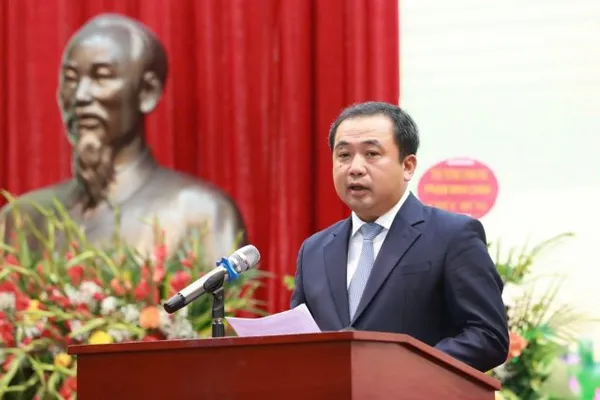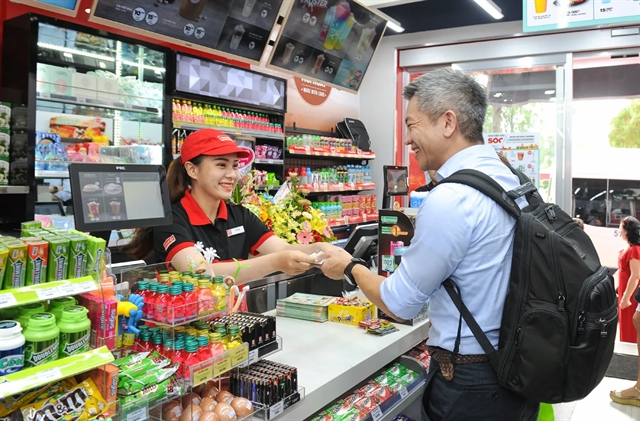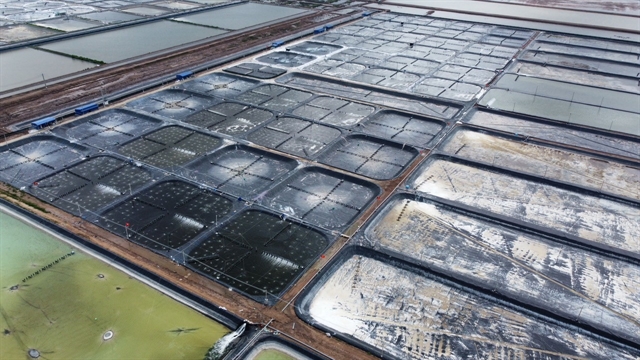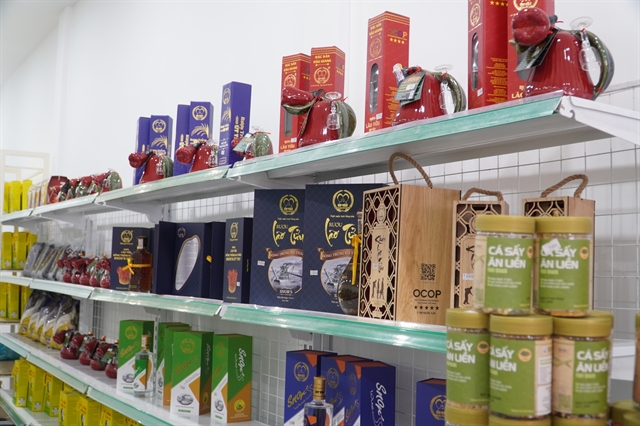 Society
Society
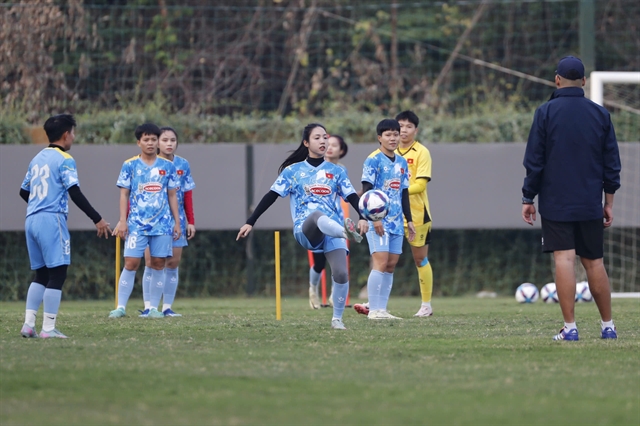
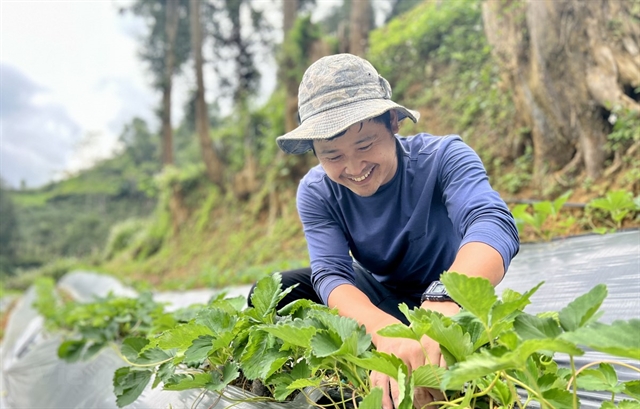 |
| Vũ Đình Gió, in Lào Cai Province, is a successful example in applying knowledge learned from South Korea to start a business in his hometown. — Photo vietnamplus.vn |
HÀ NỘI — Working abroad has become a financial lifeline for Hoàng Văn Lập, helping to pay off his family's debt and put his young sister through higher education.
Three years ago, the 27-year-old Thai ethnic man's family in Xuân Lẹ Commune, Thường Xuân District, Thanh Hóa Province, was still one of the poor households in his village. Difficulties began to pile up when his family borrowed money from their relatives for his study at Thanh Hóa University of Culture, Sports and Tourism.
After graduating, Lập worked as a decorator for local construction works, earning about VNĐ7-9 million (US$280-360) per month.
It was enough for his personal expenses, but it could take a long time to help his family pay off debt, escape poverty and be able to save.
He decided to find other employment.
"I did many jobs after graduating, but my family's life was still difficult. An acquaintance introduced me to the International Manpower Development Organisation of Japan (IM Japan) in Việt Nam - a non-profit programme that helped send poor workers to work in Japan. It didn't cost much. So I decided to register to take part in the programme in 2019," Lập said.
The job in the construction industry in Japan brought him an income of VNĐ32-35 million (US$1,280-1,400) per month, not including overtime.
Every month, he saved more than VNĐ20 million (over $800) and sent it to his family, helping his parents pay off debt.
In early 2022, Lập returned to his hometown after the contract expired. The Thai ethnic man used VNĐ500 million ($20,000) from the money he earned in Japan to build a new house for his parents.
Looking at the spacious house, it is hard to imagine that just a year ago, Lập's family was still living in a rickety wooden shack that was built in his grandparents' garden.
Lập wants to earn more money to open an interior design workshop in his hometown. He plans to return to work in Japan for another 2-3 years to get more money for his dream.
According to a representative of the Ministry of Labour, Invalids and Social Affairs, working abroad not only contributes to sustainable poverty reduction but also creates opportunities for many people, contributing to the socio-economic development of their locality, improving professional skills, foreign languages, and the sense of discipline for employees.
Vũ Đình Gió, 34, from Thải Giàng Phố Commune, Bắc Hà District, Lào Cai Province, is a successful example of applying knowledge learned from South Korea to start a business in his hometown.
After graduating from college in tourism, Gió found a job but his salary was low and not enough to support his family.
He quit the job and learned Korean and went to work abroad in agriculture.
After nearly five years of working in South Korea, Gió returned home at the end of 2019 and bought land to start a business.
He started to grow strawberries, salad and tomatoes.
All the skills and knowledge Gió gained from working in South Korea were thoroughly applied in farming.
Failure in the first strawberry crop cost him more than VNĐ100 million ($4,000).
Despite applying the right techniques that he had practised for many years abroad, the strawberry plants were still stunted and died.
Not giving up, he tried to find the cause of the failure.
Learning more about the difference in soil and climate and the need to adjust the watering and fertiliser, Gió confidently started to plant strawberries again.
Gió said he faced one or two failures in farming strawberries to draw lessons for himself.
"Each year, I can harvest one tonne of strawberries and earn VNĐ300 million ($12,000)."
"My strawberry garden also attracts tourists. I don't have enough strawberries for sale."
Taking advantage of the local climate and soil, he has succeeded in growing strawberries in a greenhouse.
His farming model amazes the owner of a farm in South Korea, where Gió used to work, when he visited Gió's farm in Bắc Hà District.
Gió still wishes to have the opportunity to continue working in South Korea to learn more modern agricultural knowledge and skills to apply in production and business. — VNS

